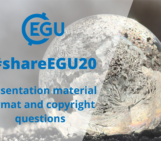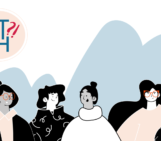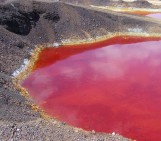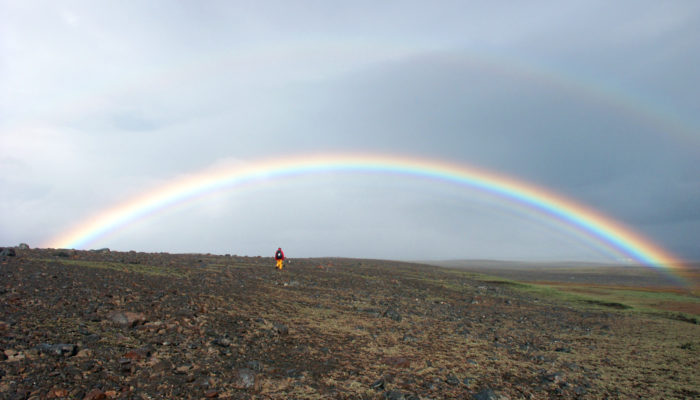
As a part of any field-based science work, whether it be as an individual scientist, research team or with students, we must first conduct a risk assessment. This often focuses on the physical dangers that you, your colleagues or students may encounter whilst working in stressful and sometimes unfamiliar environments. More recently, field-based risk assessments for physical/environmental scientists and researchers have also started to include other risks, such as those potentially posed to mental health (which researchers in disciplines like psychology and the medical sciences have long appreciated), but when considering the risks of fieldwork or a field trip, how many institutions consider the risks caused by politics or culture to our co-workers and students?
Risk involving politics and culture can take many shapes. For some people, it is a risk that they face due to their ethnicity or skin colour. For others it is their religion or gender that makes them more vulnerable. As June is Pride month, a month where we celebrate the diversity of researchers and scientists who identify as lesbian, gay, bisexual, transgender, queer and questioning, intersex, asexual and beyond, we thought it was appropriate to focus on the challenges faced by the LGBTQIA+ members of our community when doing research in the field (whilst acknowledging that the intersection of identity increases the risk for many).
In recent years conversations between our members have highlighted that a significant barrier faced by people in the LGBTQIA+ community is related to safety whilst in the field. This barrier comes not only from threats of violence or discrimination from co-workers, but also from the political or cultural climate of the countries where geoscience field research is happening. Regardless of the situation in your host institution, it is very dangerous as a queer person to travel to many countries around the world where LGBTQIA+ rights are abused. This is obviously a much bigger issue for those researchers and scientists who live or work in these countries, but it should also be a consideration for anyone planning fieldwork.
In 2019 travel website Asher and Lyric produced a global ranking of the best and worst countries for people who are LGBTQIA+ to travel to, which measured how ‘safe’ a country is by their legal protections of gay people and cultural indicators, including attitudes to adoption and morality. At the top of this ‘Danger Index’ are several places that are popular geoscience field research destinations, including many in the Middle East, across Asia and on the African continent. The Human Dignity Trust, have produced a similar map based solely on whether or not LGBTQIA+ rights are criminalised. These resources demonstrate the importance of considering the legal protections and potential risks for those in your team who identify as LGBTQIA+ (and who may not be out about their sexual or gender identity) as part of any risk assessment for field-based work or study abroad.
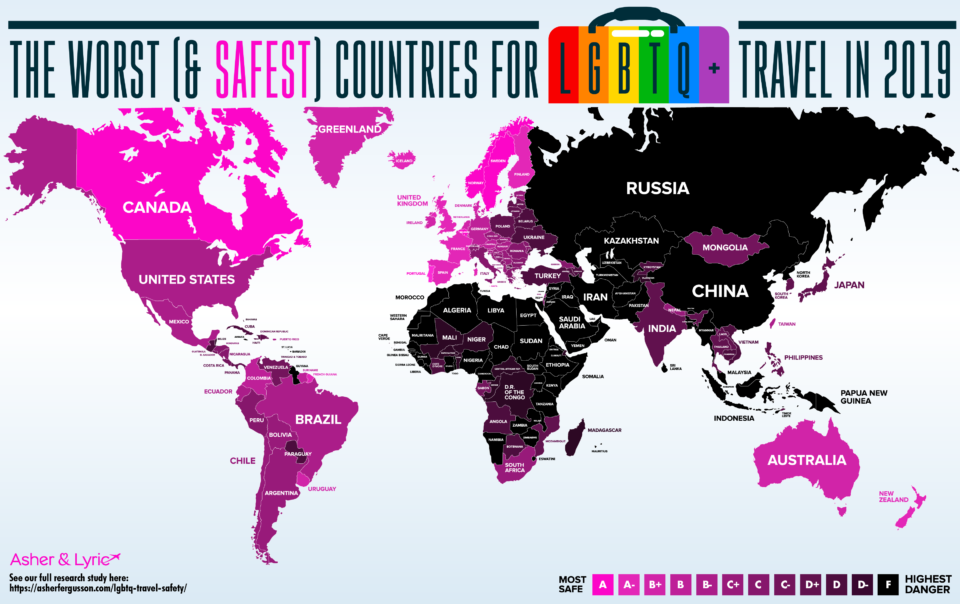
World map showing countries that are most and least safe for LGBTQIA+ people, created by Asher and Lyric (2019).
This is, for many researchers, not something that they will have considered before, and yet should be an essential part of field planning. Whilst we wish that all fieldwork was accessible to all people, in reality we know that that simply isn’t true right now. All researchers at some point will have faced a decision whether or not to continue with data collection, when the risk of personal injury is too high. Beyond the discrimination that makes some countries dangerous for many researchers, violent conflicts and environmental threats often make some of the best research destinations inaccessible – and in those cases we all have to find an alternative. Though we all consider our research important, no research is worth needlessly endangering the lives and well-being of people, especially when a safer option is often available in countries that are not dangerous for LGBTQIA+ people. It is time all institutions started to acknowledge that risk goes beyond physical injury from our environment.
To learn more about the experiences of LGBTQIA+ individuals in the field, please read these posts (and please feel free to add additional links in the comments, I will add more to this list as I find them):
An inclusive risk assessment tool for travel and fieldwork by Mike Prior-Jones, Jennifer Pinnion, Marc-Alban Millet, Elizabeth Bagshaw, Ake Fagereng and Rhoda Ballinger
Being queer in the jungle: The unique challenges of LGBTQ scientists working in the field by Ben Regen
Some rambling thoughts on field work to wrap up Pride Month by Alex Bond
In fieldwork, other humans pose as much risk to LGBTQIA+ people as the elements by Danny Haelewaters
Scientists push against barriers to diversity in the field sciences by John Pickrell

